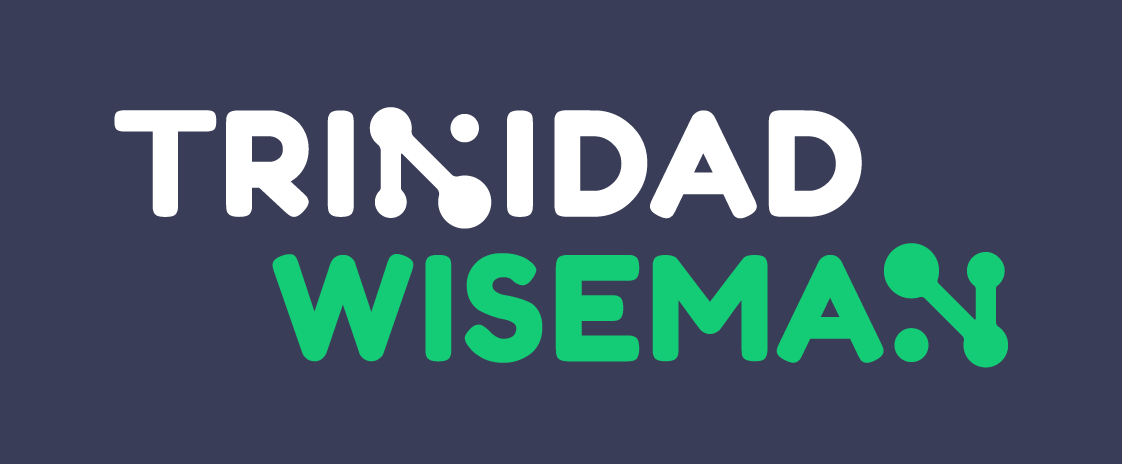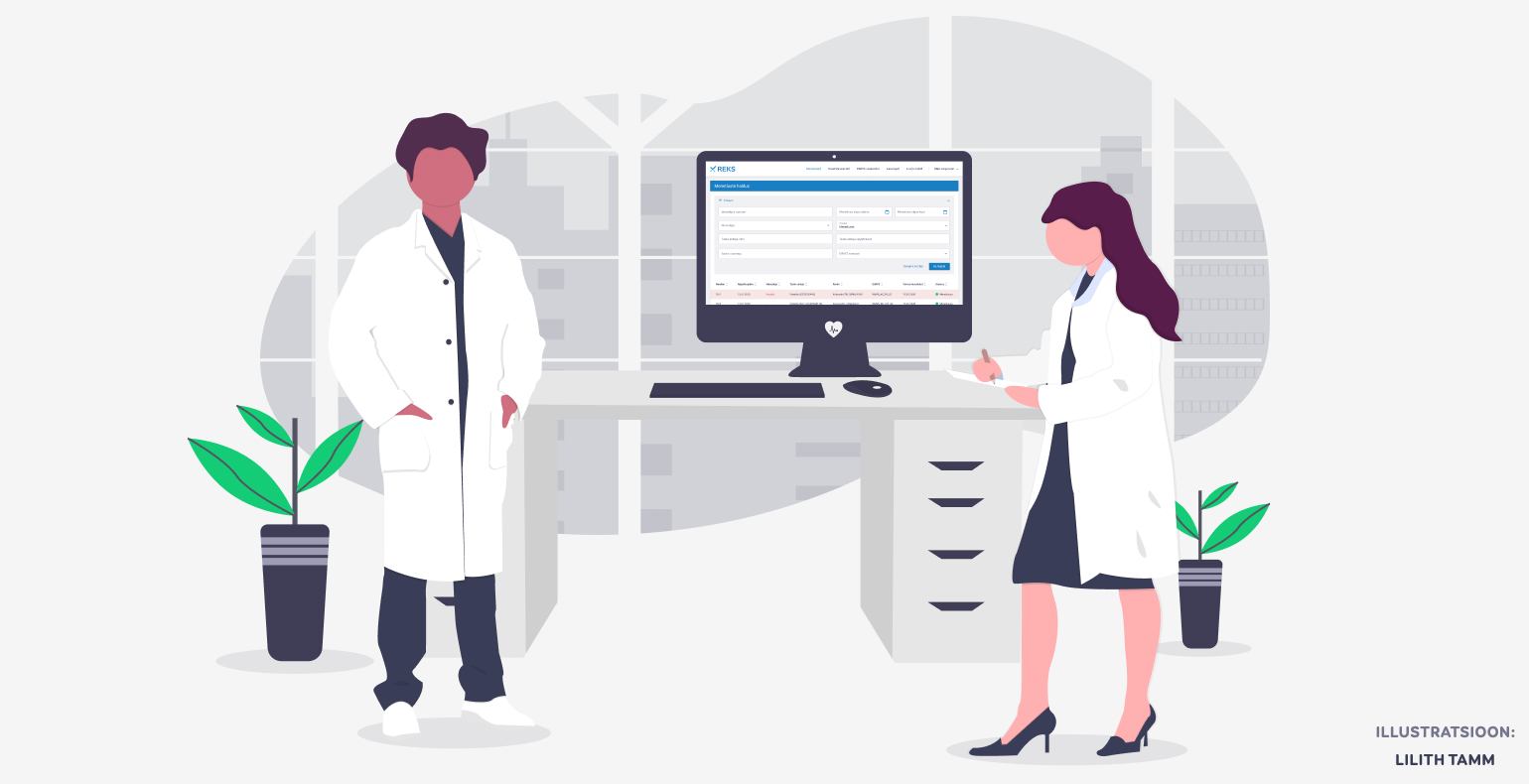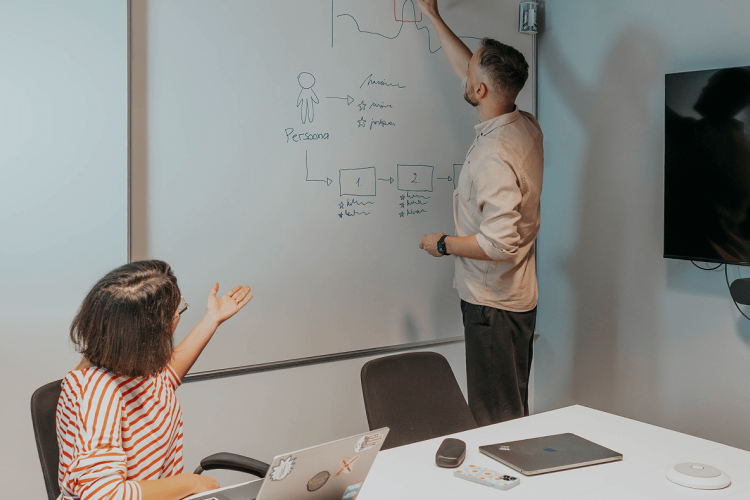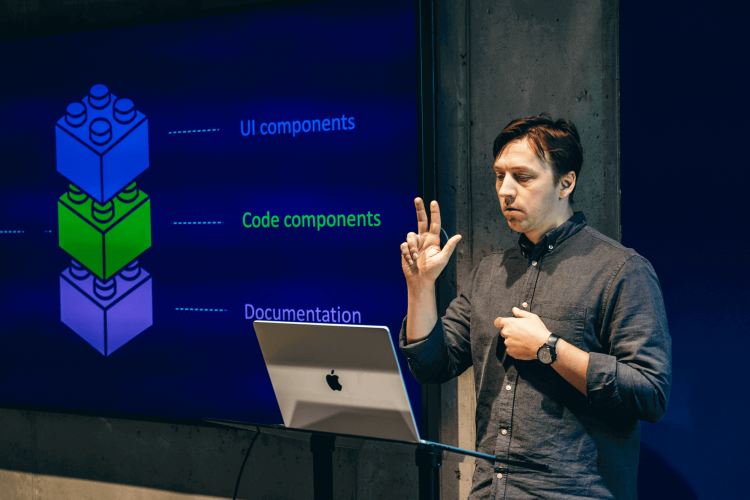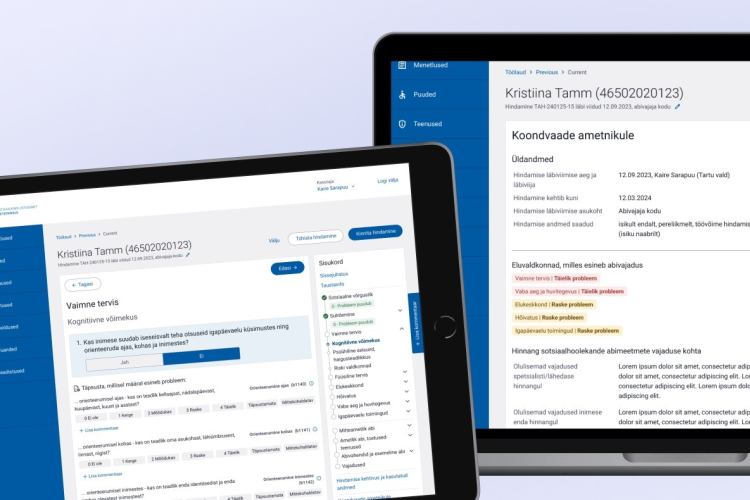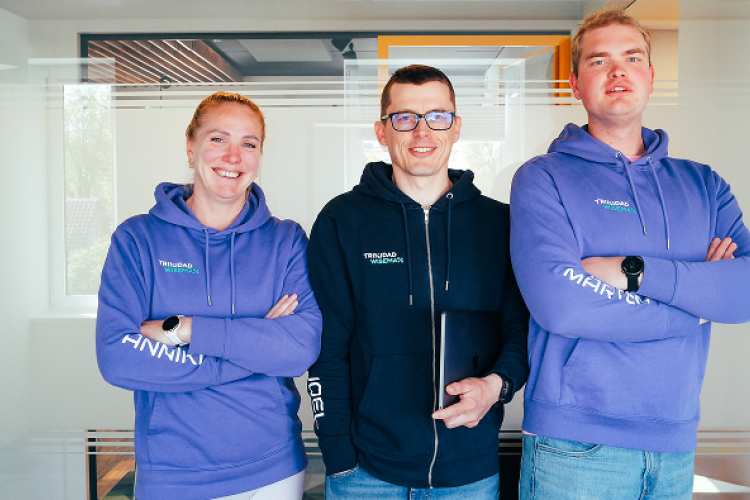A new IT solution will help make medicine authenticity verification in Estonia more efficient
Up until the summer of 2020, warning notices connected to medicine authenticity verification were processed purely through manual labour. Since there is a considerable amount of warning notices, it was decided that it would be worthwhile to automate these processes as much as possible.
The advantage of automating the warning notices, which do not need to be processed separately, is that the end-user (the pharmacist or wholesaler) receives an answer immediately and that the answer can be sent to them seven days a week, regardless of what time it is.
According to Raul Mill, the Chairman of the Board at the National Medicines Verification Organisation (REKS), the creation of this software was mostly driven by the need to ensure that patients have good access to medicines and fast.
Additionally, it helps to somewhat decrease the workload of third parties interfaced with the system, such as pharmacists and wholesalers. An example of when this holds true is when a medicine has been placed under so-called quarantine until the reason for why it was issued a warning has been figured out. “These kinds of cases have to be documented and until now, this had to be done manually,” Mill added.
Per the client’s order, Trinidad Wiseman conducted a pre-analysis, which was then used as the basis for developing the software for REKS. Raul Mill also praised the good cooperation between the two companies on behalf of REKS, “Trinidad Wiseman’s development team really delved deep into understanding how our system works, which made it a lot easier to arrive at the most optimal technical solutions.
We also believe that another key component that helped ensure a smooth development process was the fast and flexible communication between the two parties, which helped to resolve all questions that arose very quickly. The development was complete before the deadline we had agreed upon and we are very satisfied with the result and the quality of the development,” said Mill.
“This project is a great example of how it is possible to develop even the most complex systems in a short amount of time if you have a strong result-oriented team. Throughout the project, we held regular review meetings where we handed over different parts of the work to the client for testing and in turn, they immediately provided us with feedback,” said Ander Tenno, the CEO of Trinidad Wiseman.
“This type of cooperation worked wonderfully for us, the development process was clearly set up and the results were very good. The client is satisfied, we are happy, and we are sure that our cooperation will continue in the future as well,” said Tenno, summarising the project.
Trinidad Wiseman is Estonia’s leading service design and user-centred IT development company whose clients in healthcare include Celsius Healthcare, Synbase, the Health and Welfare Information Systems Centre, the North Estonia Medical Centre, Ida-Viru General Hospital, Pärnu Hospital, Medicum and others. Trinidad Wiseman’s turnover in 2019 was over 6,4 million euros.
